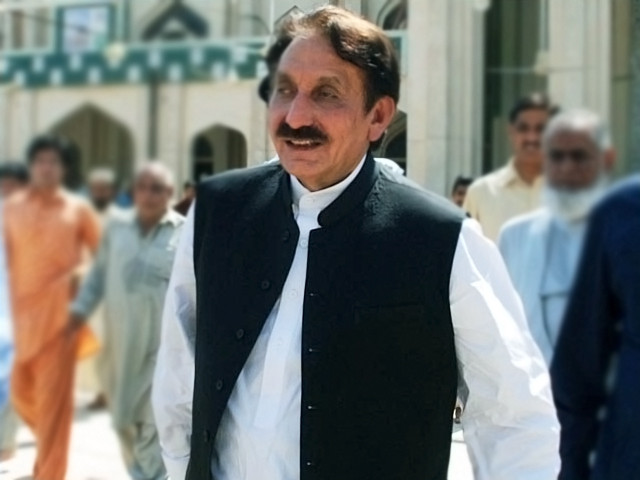Relaxing policy: Former CJ’s policy for judicial postings reversed
Iftikhar Chaudhry had discontinued the posting of serving judges against executive posts in govt departments.

Iftikhar Chaudhry had discontinued the posting of serving judges against executive posts in govt departments. PHOTO: ONLINE/ FILE
Under the leadership of Chief Justice Tassaduq Hussain Jillani, the National Judicial Policy Making Committee (NJPMC) on Saturday approved an amendment to a policy formed by former chief justice Iftikhar Chaudhry regarding the posting of judicial officers on the disposal of the executive.
The NJPMC in its meeting once again allowed the relocation of judicial officers in executive departments, a move the committee had banned in 2009 in a bid to ensure independence of the judiciary by separating it from the executive.
Section 5 of Title A of the National Judicial Policy 2009 says, “Posting of serving judges against executive posts in federal and provincial government departments on deputation be discontinued. All such judges should be repatriated to the respective high courts, where their services are needed the most for expeditious disposal of pending cases.”
The committee on Saturday made the decision on the request of the Ministry of Law, Justice and Human Rights for the posting of judicial officers in relaxation of the national judicial policy.
The committee reiterated that the posting of judicial officers against executive posts was against the principal of the independence of judiciary.
“However, keeping in view the difficulties of the law ministry/law departments, the high courts may allow judicial officers to join law department/ministry but in such case, the judicial officer shall sever his relation with the judiciary,” said a declaration issued by the NJPMC.
In his introductory remarks, Justice Jillani said the country was passing through a crucial stage and confronting various problems, including extremism and intolerance in the society.
He said that by promoting tolerance and enforcing rights of the citizens, a harmonious society could be established. He said the judiciary, being an important organ of the state, could play a vital role in promoting tolerance by ensuring expeditious dispensation of justice.
Being chairman of the NJPMC, Justice Jillani urged that 2014 be declared a year of “promoting religious and cultural tolerance” in society, with the committee approving his suggestion.
The chief justice observed that the recent advancement had enhanced the role of information technology in every walk of life. He conceded that the judiciary introduced information technology in its system to regulate case-flow management and court administration but was still lagging behind to achieve the optimum benefit of the technology.
He said installation of a unified integrated information system would foster access to information and improve court efficiency by reducing time-consuming paper based processes.
The committee also considered rules framed by the Sindh High Court to regulate Alternate Dispute Resolution (ADR) proceedings. The chief justice took exception to the situation and observed that since it had been more than 10 years that section 89-A was introduced in the Civil Procedure Code (CPC) for early resolution of disputes by resorting to the ADR techniques but regrettably rules had not been framed to trickle down the benefits of said provision.
He constituted a committee under the chairmanship of Justice Anwar Zaheer Jamali of Supreme Court and comprising a judge from each High Court to propose uniform rules to give effect to section 89-A of the CPC.
Published in The Express Tribune, April 27th, 2014.


















COMMENTS
Comments are moderated and generally will be posted if they are on-topic and not abusive.
For more information, please see our Comments FAQ